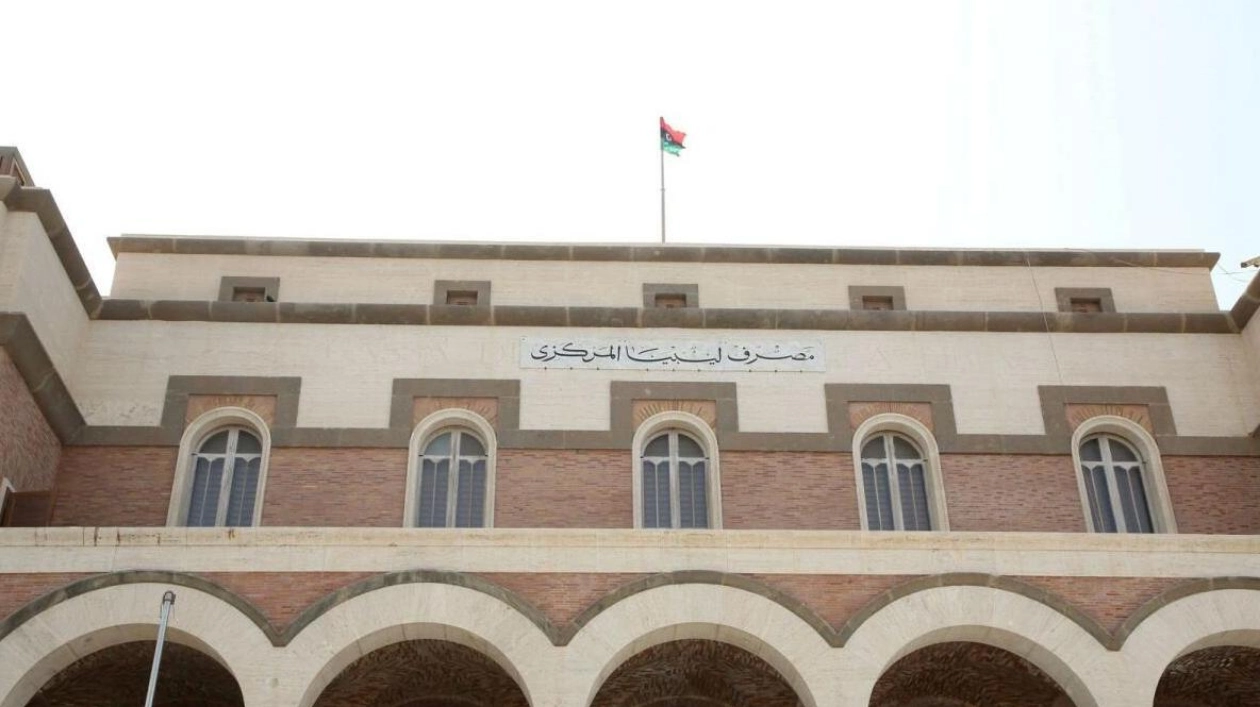The Central Bank of Libya announced on Sunday that it is "suspending all operations" following the abduction of a bank official in Tripoli, as stated in a social media post. Musab Msallem, the head of information technology at the Central Bank, was reportedly kidnapped by an unidentified group from his home early Sunday morning, according to the statement. The bank declared it will not resume operations until Msallem is freed, noting that other executives have also been threatened with abduction. It urged an "end to these practices" and accused "unlawful parties" of threatening the safety of its employees and the continuity of the banking sector's operations. No additional details about the kidnapping were provided.
This incident occurred just a week after the central bank's headquarters in Tripoli was besieged by armed men. Local media reported that the siege was an attempt to force the resignation of the bank's governor, Seddik al-Kabir. US ambassador Richard Norland condemned attempts to oust Kabir as "unacceptable", warning that a forced replacement could lead to Libya losing access to international financial markets. Norland, in a post on the social media platform X, highlighted the ongoing risks posed by the political stalemate in Libya.
Following the siege, the UN Support Mission in Libya (UNSMIL) acknowledged the bank's crucial role in maintaining the country's financial stability. Since taking office in 2012, Kabir has faced criticism over the management of Libya's oil resources and the state budget, including from figures close to Prime Minister Abdulhamid Dbeibah. Libya, home to 6.8 million people, has been struggling to recover from years of conflict following the 2011 NATO-backed uprising that overthrew longtime dictator Moamer Kadhafi. The country remains divided between a UN-recognized government in Tripoli led by Dbeibah and a rival administration in the east supported by military strongman Khalifa Haftar. Despite a relative return to calm in recent years, clashes between various armed groups in Libya still occur periodically. Sunday's abduction marks the latest in a series of events that have heightened tensions between different factions, raising fears of a broader escalation in recent weeks.






